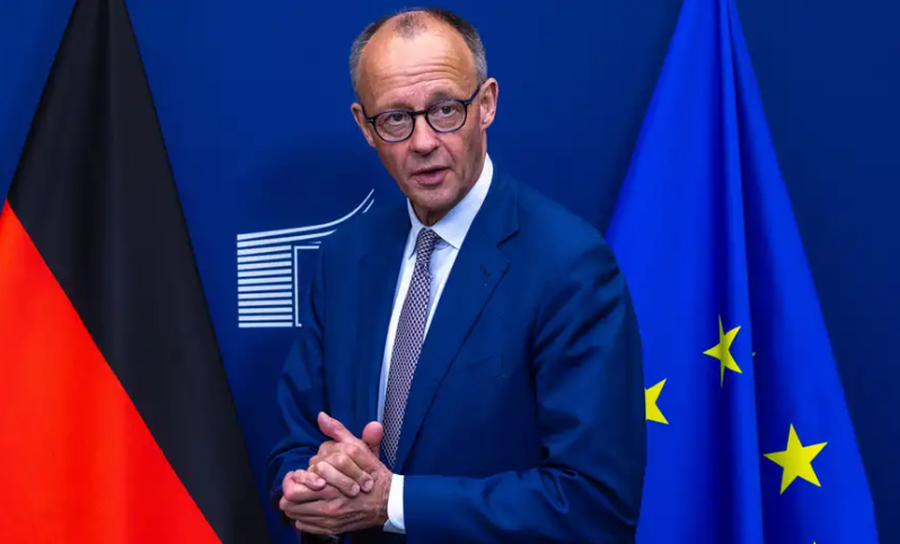
Berlin officially does not accept the EU budget and difficult negotiations are expected in the consultations between member states and the European Parliament in the future. The German government has criticized the European Commission's main proposals for the future budget plans. The German government is unable to accept the Commission's proposal, according to government spokesman Stefan Kornelius.
"A general increase in the EU budget is non-negotiable at a time when all member states are making significant efforts to consolidate their national budgets," said Kornelius.
Germany contributes almost a quarter
In the so-called Multiannual Financial Framework (MFF), the European Commission is proposing a budget of two trillion euros for the period 2028-2034. This is equivalent to around 700 billion euros more than for the current seven-year budget period. Among other things, more money is planned for defense and competitiveness. As the member state with the largest economic weight, Germany generally contributes almost a quarter of the funds.
The MFF is established for a period of seven years and is initially proposed by the European Commission before being debated by EU member states and the European Parliament. The long-term budget sets the maximum limits for the EU's annual spending and how it is spent.
Criticism of additional corporate taxation
As one of the new sources of revenue for the EU budget, the Commission is proposing a tax on large companies with an annual turnover of more than €100 million. This additional tax on large companies, which is intended to ease the budgets of member states, also does not have the support of the German federal government.
German Finance Minister Lars Klingbeil said at a meeting of G20 finance ministers in South Africa that the German government wants to strengthen the German economy, guarantee employment and attract investment to the country. "And in this context, the corporate tax now proposed by the European Commission, in its current form, sends the wrong signal."
Klingbeil also criticized the Commission's planned level of spending: "We have to maintain an absolute proportion in terms of finances. I don't think it is being met," said the SPD politician.
However, the German government welcomes the European Commission's reformist approach, especially the shift in the budget towards new priorities such as competitiveness and defence capability. Brussels stated in the draft budget, among other things, that it would reduce the number of aid programmes in order to distribute more funds more flexibly.
Criticism from business, economic growth is being harmed
Business associations are particularly wary of potential tax rules for companies: the automotive industry association VDA has previously stated that companies in Germany and Europe are in an extremely difficult economic situation. "Therefore, any tax increases or the introduction of additional taxes is unthinkable, both at national and European level," declared VDA President Hildegard Müller. A separate tax on profits should be considered particularly harmful to growth, as it would weaken the competitiveness of EU companies.
The German Chamber of Industry and Commerce (DIHK) had stated even before the presentation of the Commission proposal that such a measure would send "completely the wrong signal." According to Director General Helena Melnikov, companies need an incentive, not additional taxes.
"A zero for nature protection"
Environmental groups believe that their interests are not sufficiently taken into account in the draft budget: the German Federation for the Environment and Nature Conservation (BUND) calls the Commission's proposal "a zero for nature protection". According to its president, Olaf Bandt, concrete funding commitments are missing, for example, for the implementation of the EU Nature Restoration Act for nature restoration. WWF criticized the proposed cuts to environmental and nature protection despite the worsening crises, "and this in another summer with heat waves, forest fires and floods"./ DW (A2 Televizion)











